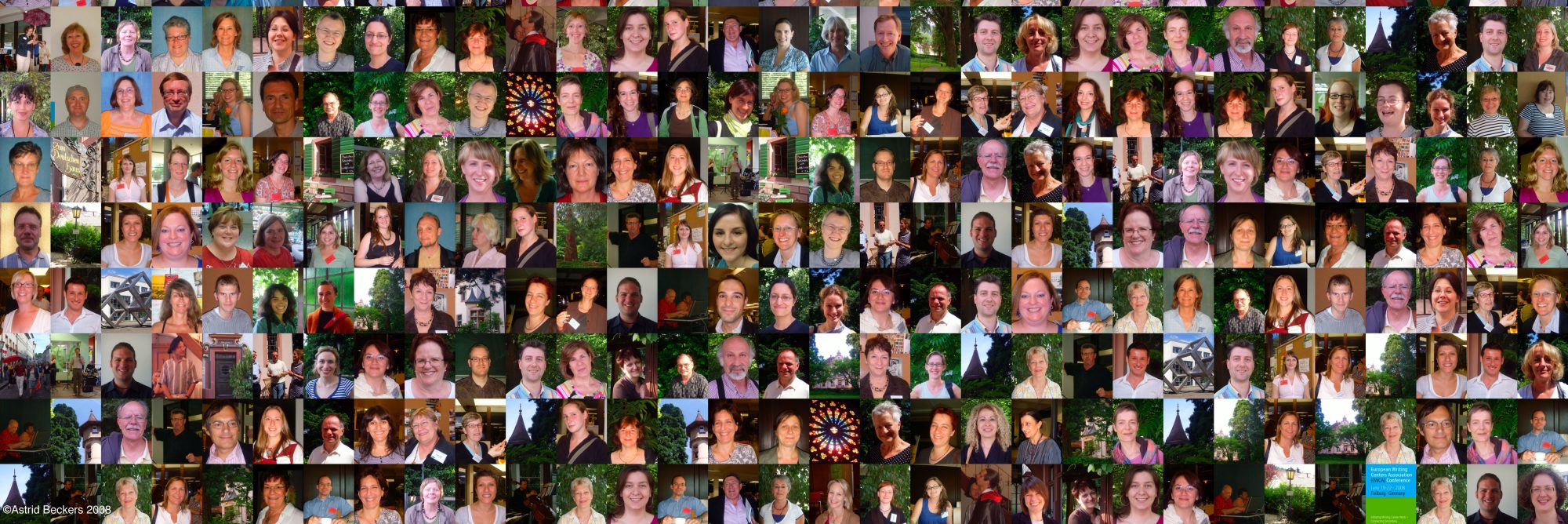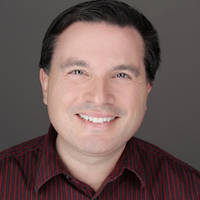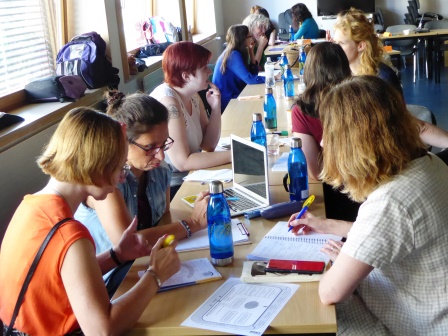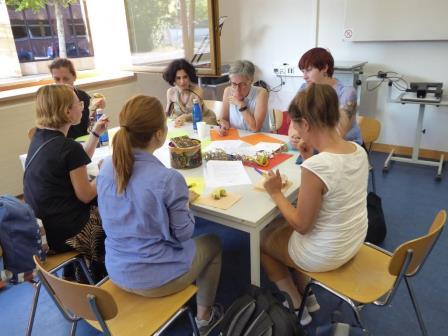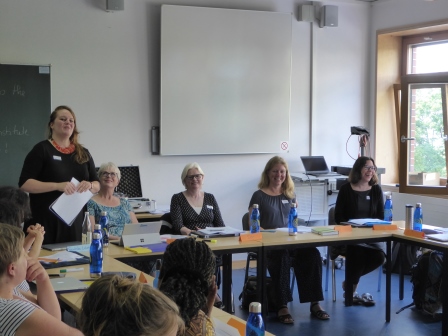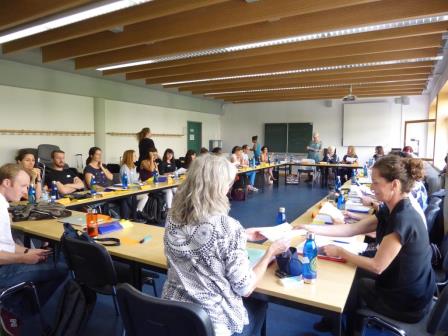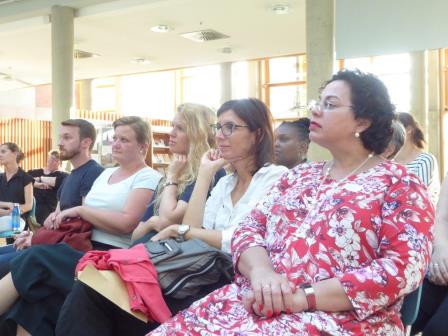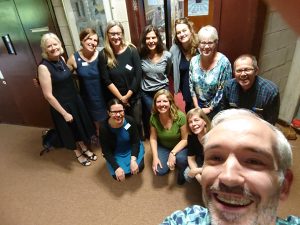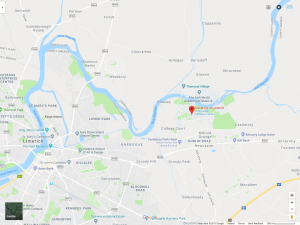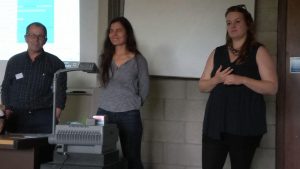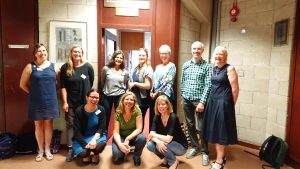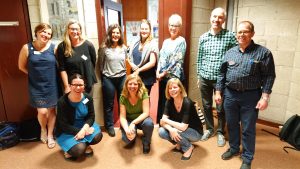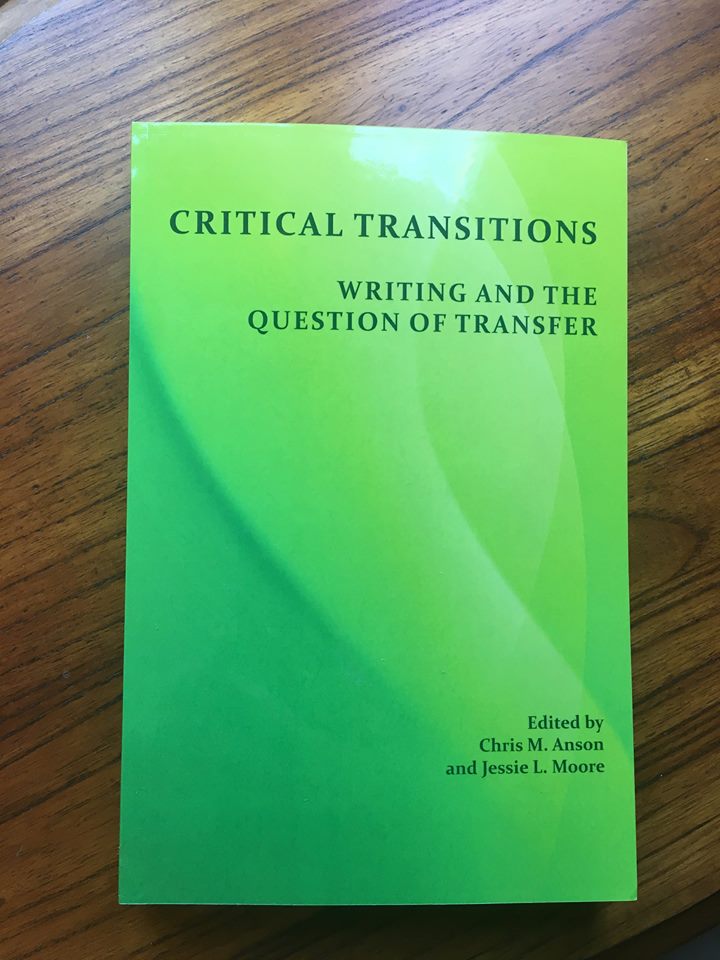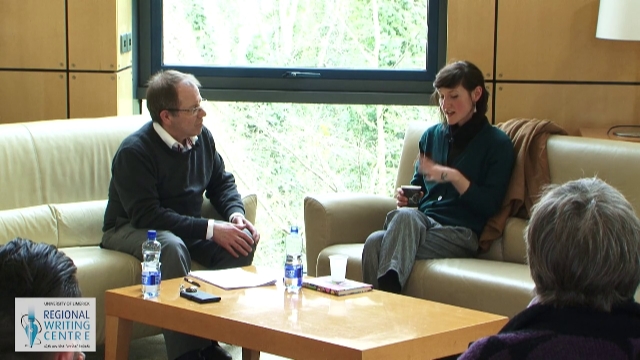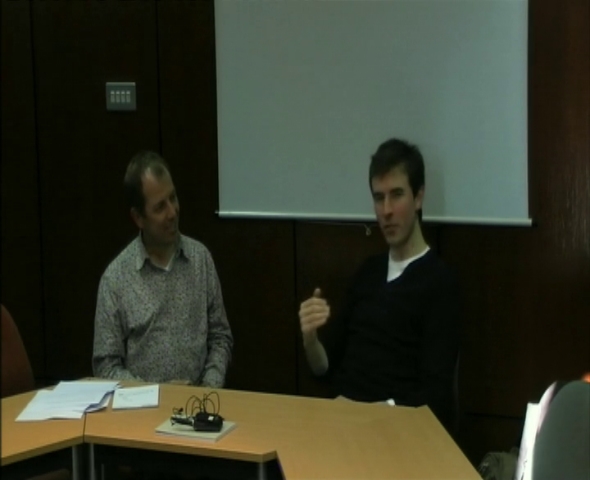Stories and Reflections on the Impact of Covid-19 on Writing Center Work
The editors of WLN would like to create a space to gather and record your reflections and impressions on how Covid-19 has impacted your writing centers. We recognize the devastating impact that the virus has caused to writing centers as staff fall ill, budgets are cut, positions are furloughed. We do not yet know when or how this pandemic will end or what lessons we will learn, both in the short and the long term. But we are certain that writing center professionals will want to reflect upon, learn from, and understand how we experienced this moment and its impact on our services, users, and our futures. We also know that writing centers will prevail and in some situations emerge stronger with renewed clarity of purpose or strengthened value to the campus community. For this special issue, then, we are interested in capturing your reflections on any potential positive outcomes that have or may emerge from the impact of Covid-19 plus new solutions, approaches, and/or strategies that have worked for you.
We are inviting short submissions of 500-750 words from directors, tutors, and even frequent writing center users. Please submit them through the WLN website: wlnjournal.org, by August 1, 2020, and choose “other” as the type of submission.
Here are some possible prompts:
- How has your care for tutors and writers changed since COVID 19 emerged? What long-term effects of this care do you predict will last in your writing center?
- What new methods, processes, or tools have you adopted that you would not have if COVID 19 did not occur? How has this changed the way your writing center now operates? How does this change impact the ways you will offer tutoring in the future?
- What is the best outcome you have experienced from COVID 19? How has this changed you, your center, your tutors?
- How has COVID 19 changed the way you educate tutors? Will these changes be temporary or long-term pedagogical shifts?
- How has COVID 19, or thinking in terms of infection control procedures more generally, impacted your relationship to the physical space of your writing center?
- When your writing center returns to its physical space, what will you change, add, or revise after experiencing being online as the only way to interact with writers? For example, will you add or continue to have online accessibility?
• What has been your experience with online technology, and what would you recommend and why?
• What tutoring adaptations have you and your tutors made when tutoring online? Why?
- For writing center users: how has your experience with the writing center been enhanced through online interaction? Or how has the writing center helped you through the shift to online learning as a consequence of Covid-19?
- If you have tested or used multiple platforms, such as Zoom, GoToMeeting, Skype, FaceTime, etc., what are the various advantages and/or disadvantages?
———————–
Muriel Harris
Professor Emerita of English
• Writing Lab Director (retired)
• WLN: A Journal of Writing Center Scholarship, Editor-in-Chief
• harrism@purdue.edu
